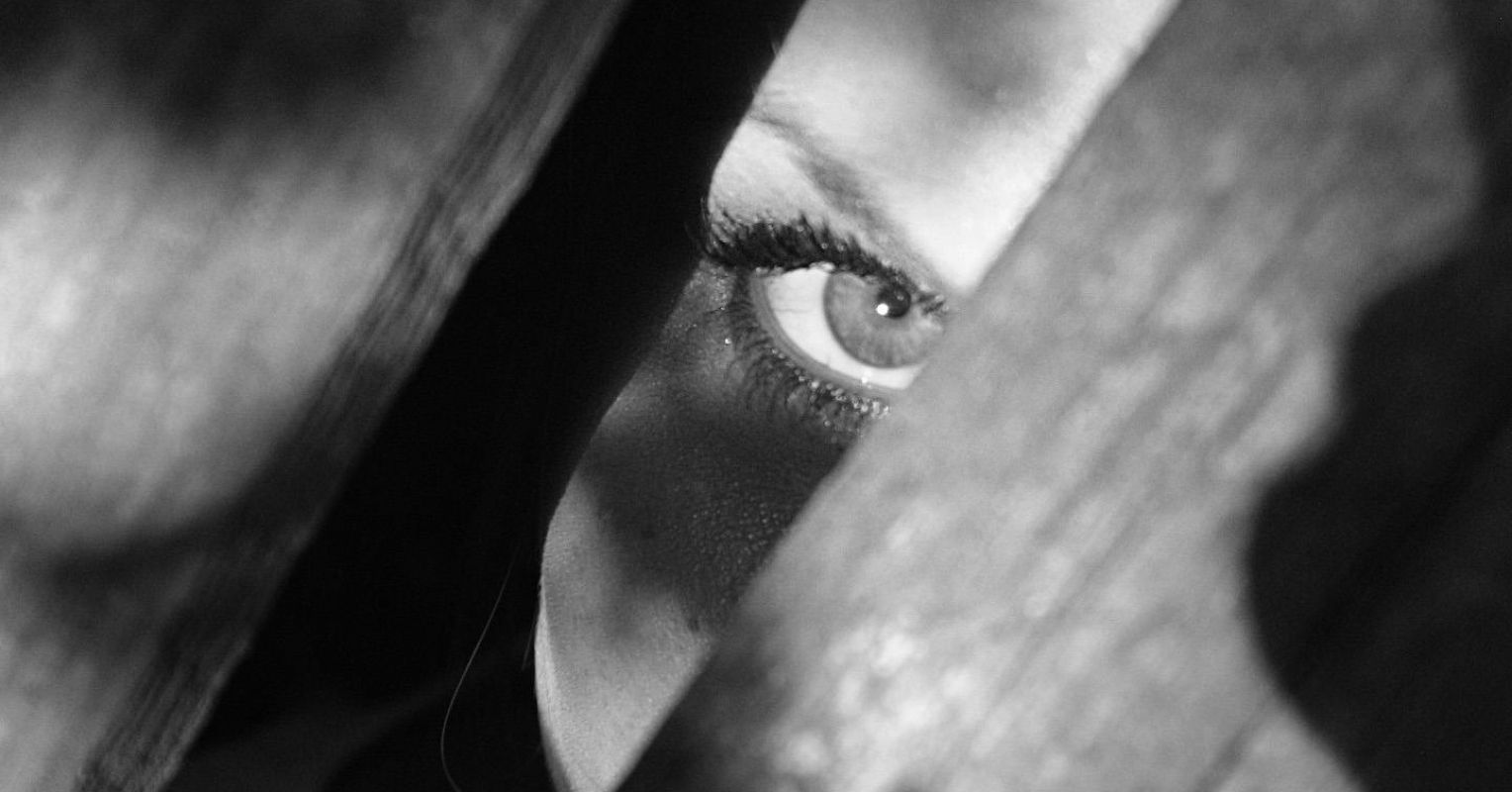
In an article from Psychology Today by Susan Krauss Whitbourne PhD, ABPP, new research on malevolent creativity is explored [b1d4f504]. Malevolent creativity refers to creative ideas or behaviors that deliberately harm others. The study conducted by researchers from Guangzhou University found that malevolent creativity is associated with low honesty-humility, openness, and emotionality. The research also suggests that prosocial emotions such as guilt and gratitude can weaken malevolent creative tendencies. Interestingly, empathy and sympathy do not alter the relationship between creativity and honesty. The study highlights the importance of early education in shaping the moral tendencies of children who enjoy plotting harm. Understanding the personality traits and emotions that drive malevolent creativity can help protect individuals from its destructive impact. This new perspective adds a cautionary element to the discussion of creativity, shedding light on its potential dark side and the need for ethical considerations.